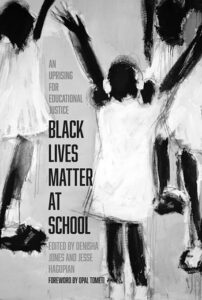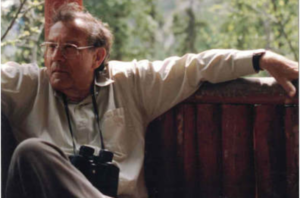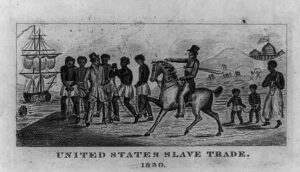
Phil Gasper interviews radical educator Jesse Hagopian about attacks on anti-racist education in the United States.
Phil Gasper is a socialist activist and writer in Madison, Wisconsin, and a member of the New Politics editorial board.

Phil Gasper interviews radical educator Jesse Hagopian about attacks on anti-racist education in the United States.

Colin Wilson, website editor for rs21 (revolutionary socialism in the 21st century), interviewed Natalia Tylim and Phil Gasper in July about the upheavals, dangers and opportunities facing socialists in the US today.

In August 2021, the Intergovernmental Panel on Climate Change (IPCC)—the UN-sponsored body that brings together the world’s leading climate scientists—issued its latest report on what is happening to the world’s climate. We have known for decades that increased emissions of . . .

For the family members of the victims, the 9/11 attacks were a tragedy, but for the Bush administration and the U.S. ruling class, they were a golden opportunity.

The Marxist philosopher Kai Nielsen, for many years a sponsor of New Politics, passed away on March 29 in Montreal, only a few weeks away from what would have been his 95th birthday.

Keeanga-Yamahtta Taylor discusses the significance of the struggle against racism and police violence.

Because capitalism and racism are intertwined, and because of the role that racism plays in dividing the working class, if we want to fight against capitalism and class inequality, anti-racism has to be at the center of our activity.

A satirical headline from the day the presidential election was called, captures the feeling of much of the Left: “Jubilant Reaction to Trump’s Defeat Quickly Soured by News of Biden Win.”
It has been almost 10 years since the death of the Harvard paleontologist and evolutionary biologist Stephen Jay Gould at the relatively early age of 60. Gould was not only a major figure in the life sciences, he was also one of the great popularizers of science. He wrote a monthly column for Natural History magazine from 1974 to 2001, generating exactly 300 essays that explained complex scientific ideas without oversimplifying them.